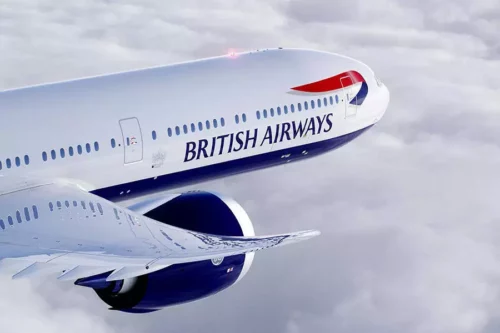‘British Airways cannot be forced to refund flights you missed during lockdown’ – Government
Links on Head for Points may support the site by paying a commission. See here for all partner links.
The Competition & Markets Authority (CMA) announced this morning that it is dropping its attempts to force British Airways and Ryanair to refund passengers who could not take their flights due to UK lockdowns.
It accepts that there are no legal grounds to justify this in cases where the flight did operate.
You can see the official press release on gov.uk here.

In June, with much fanfare, the CMA announced that it was launching an investigation into airlines which had refused to refund customers who could not take flights due to legal restrictions.
(For clarity, this is NOT related to airlines who have failed to refund customers whose flights were cancelled. This investigation looked purely at people who did not travel but whose flights were operating.)
It was focussed on British Airways, who instead chose to offer vouchers to customers, and Ryanair, which only offered the opportunity to rebook.
In conclusion:
“After a thorough examination of relevant law, and the evidence it had gathered during its investigation, the CMA has concluded that the law does not provide passengers with a sufficiently clear right to a refund in these unusual circumstances to justify continuing with the case.”

Personally, the whole case seemed wrong from the beginning.
- The original investigation appeared to be nothing more than a PR exercise by the CMA to be seen to be responding to consumer pressure
- It would have taken no more than a couple of days to get a firm legal opinion on what British Airways and Ryanair had done. After all, the airlines had performed their contractual duty – ie operated the flight on which you bought a ticket.
- British Airways, in particular, should arguably have been given credit – not threatended with legal action – for offering vouchers to customers. It was still operating flights and would have been perfectly within its rights to offer nothing. Instead, it offered vouchers which are virtually as good as cash to most people, given that they are valid until September 2023 and are transferable.
- The CMA ignores the role of travel insurance, which should be the fallback position for anyone who could not travel due to lockdown
The CMA concludes:
“given the CMA can only enforce the law as it stands, it has decided to close the investigation.”
I can’t helping thinking that, given everything that has been going on in the business world over the last 18 months, the CMA could have used its limited resources more efficiently.
You can read more about the decision on gov.uk here.



 Rob
Rob 





Comments (67)